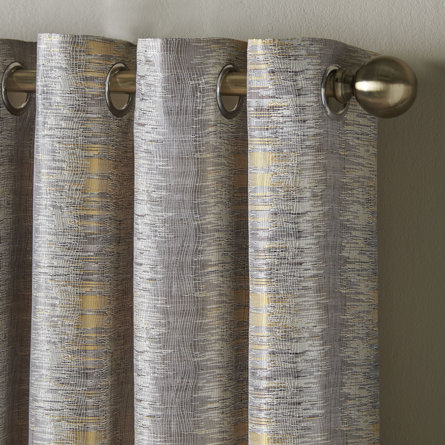Exploring the use of Air Fresheners in your room

Air fresheners have become a common household item, promising to elevate the atmosphere of any space with a burst of delightful fragrance. These products come in various forms, including sprays, plug-ins, gels, and even reed diffusers, catering to diverse preferences. While air fresheners offer several advantages, they also come with their share of drawbacks. In this article, we will explore both the good and bad sides of using air fresheners in your room.
The Good Side of Air Fresheners
Pleasant Aroma: Perhaps the most obvious benefit of using air fresheners is the immediate improvement in the scent of your room. Whether you prefer floral, citrus, or woody scents, there is an air freshener to suit your taste. They can effectively mask unpleasant odors such as cooking smells, pet odors, or tobacco smoke.
Mood Enhancement: A pleasing fragrance can have a positive impact on your mood and emotions. Certain scents, like lavender or eucalyptus, are known for their calming and stress-relieving properties. Using air fresheners with these scents can help create a more relaxing environment in your room.
Convenience: Air fresheners are easy to use and require minimal effort. You can choose between automatic devices that release fragrance at regular intervals or manual options like sprays. Many air fresheners also have adjustable settings, allowing you to control the intensity of the scent.
Variety of Options: The market offers a wide variety of air fresheners, allowing you to experiment with different scents and styles to find the one that best suits your preferences and room decor.
The Bad Side of Air Fresheners
Chemical Composition: One of the major drawbacks of many air fresheners is their chemical composition. Most conventional air fresheners contain synthetic fragrances, which can release volatile organic compounds (VOCs) into the air. These VOCs can contribute to indoor air pollution and may be harmful to your health when inhaled in high concentrations.
Allergic Reactions: Some people may be sensitive or allergic to the chemicals found in air fresheners. Exposure to these substances can lead to respiratory issues, headaches, and skin irritation. If you or anyone in your household has allergies or asthma, it's essential to be cautious when using air fresheners.
Temporary Solution: Air fresheners only provide a temporary solution to odor problems. They mask unpleasant odors but do not address the root cause. If there's an underlying issue causing bad smells in your room, such as mold or stagnant air, an air freshener won't resolve it.
Environmental Concerns: Many air fresheners come in single-use plastic containers, contributing to plastic waste. Additionally, the production and disposal of these products can have negative environmental impacts. Consider eco-friendly alternatives if you're concerned about the environment.
Using air fresheners in your room can undoubtedly improve its ambiance by adding a pleasant fragrance and enhancing your mood. However, it's crucial to weigh the benefits against the potential drawbacks. Be mindful of the chemical composition of air fresheners and their possible health implications, especially if you have allergies or respiratory conditions. Additionally, remember that air fresheners offer only a temporary solution to odor issues and may not address the root causes. If you decide to use air fresheners, consider eco-friendly options to minimize their environmental impact. Ultimately, the choice to use air fresheners should be made with careful consideration of both the positive and negative aspects.




.jpg)










































